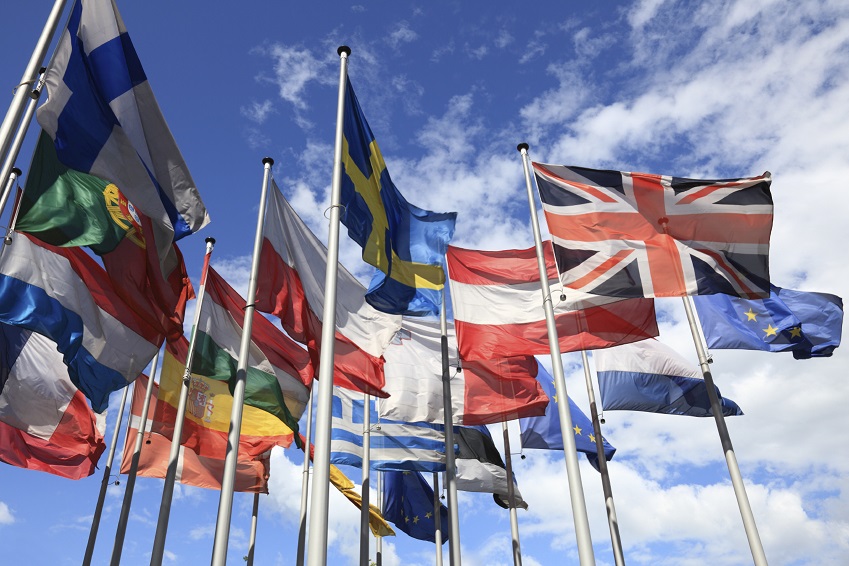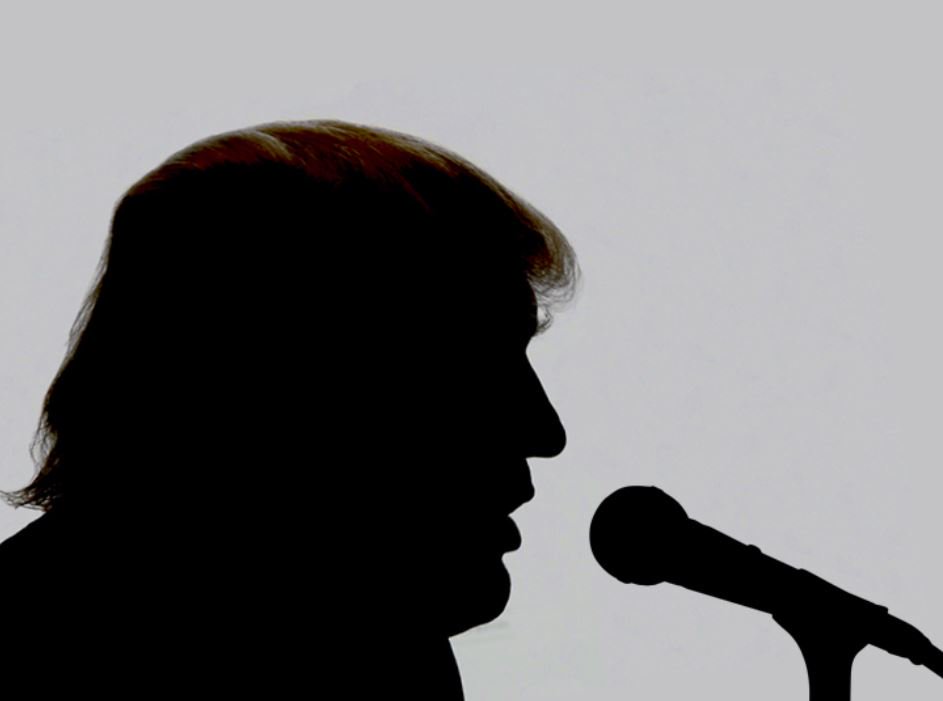By Judith Smith, Professor of Health Policy and Management and Director of Health Services Management Centre School of Social Policy, University of Birmingham The announcement today of a 3.1 percent real-terms increase in the resource budget of the Department for Health and Social Care is a helpful confirmation of funding uplifts promised for by former … Continue reading “The 2019 spending review and the implications for the NHS”
Media Management: Is Boris Learning Lessons from Trump?
By Christopher Featherstone, Doctoral Researcher, Department of Political Science and International Studies School of Government, University of Birmingham Descriptions of Boris Johnson as a populist abound – there have been comparisons between him and the current occupant of 1600 Pennsylvania Avenue. Whilst comparisons such as multiple divorces, silly hair and unconventional approaches tell us little … Continue reading “Media Management: Is Boris Learning Lessons from Trump?”
Tough on crime or just a smokescreen?
By Dr Anna Kotova, Lecturer in Criminology School of Social Policy, University of Birmingham Both the Prime Minister, Boris Johnson, and Priti Patel, the Home Secretary, recently made headlines by announcing a “tough on crime” approach to tackling criminal offending. Their promises include 10,000 new prison places and tougher sentences for people who committed serious … Continue reading “Tough on crime or just a smokescreen?”
The results are in for adult education
By Steve Gulati, Senior Lecturer in Health Services Management Centre School of Social Policy, University of Birmingham It’s that time of year again – lots of media chatter about A-Level and GCSE results. For some, the beginning of an exciting journey and a significant life event. But, what of those who find their academic voice … Continue reading “The results are in for adult education”
Penalise the carers; then who cares?
By Dr Joy Fillingham, Service User and Carer Involvement Social Work Programmes School of Social Policy, University of Birmingham As a former carer, hearing how the government are focusing so closely on penalising carers undertaking additional work or study, in relation to their responsibilities, frustrates me in the extreme. Without informal carers, our social care … Continue reading “Penalise the carers; then who cares?”
Fair-weather friends? Aristotelian friendship in the present-day
By Jason Metcalfe, Research Associate in the Jubilee Centre for Character and Virtues School of Education, University of Birmingham July 30th marks the United Nations (UN) ‘International Day of Friendship’. The authors of the UN webpage state that friendship is essential to forming mutual trust and overcoming all of the world’s challenges, disasters, and divisions. … Continue reading “Fair-weather friends? Aristotelian friendship in the present-day”
The automated face of government
By Professor Peter Hupe, Honorary Senior Research Fellow School of Social Policy, University of Birmingham Information technologies have changed many of the daily encounters between individual citizens and government. Such changes vary from ways in which, in some countries, income tax is collected, to day-to-day operational work processes. Digital tax collection In the Netherlands, for … Continue reading “The automated face of government”
VIDEO AND PODCAST: Is democracy better in theory than practice?
By Nic Cheeseman, Professor of Democracy, and Niheer Dasandi, Birmingham Fellow in Politics and Development, International Development Department, University of Birmingham “A lot of the issue is around the expectation that democracy will function perfectly, and actually, it’s never going to do that.” People often argue that democracy has great advantages in theory, such as … Continue reading “VIDEO AND PODCAST: Is democracy better in theory than practice?”
Brexit ‘hitting foreign languages in schools’
By Dr Adam Cooke, Lecturer in Languages Education School of Education, University of Birmingham I am sure, at some point, that many of us in the UK language teaching community has had to defend the place of language learning in our schools. Thankfully we have always been mightily equipped to justify modern foreign languages in … Continue reading “Brexit ‘hitting foreign languages in schools’”
Undiplomatic Signals
By Professor David Dunn, Department of Political Science and International Studies School of Government and Society, University of Birmingham By its very nature, diplomacy involves secret communications, between states, and between envoys and their governments. Indeed the word itself, di-plomacy means a paper folded in two to keep it confidential. It is the embassy’s job … Continue reading “Undiplomatic Signals”











